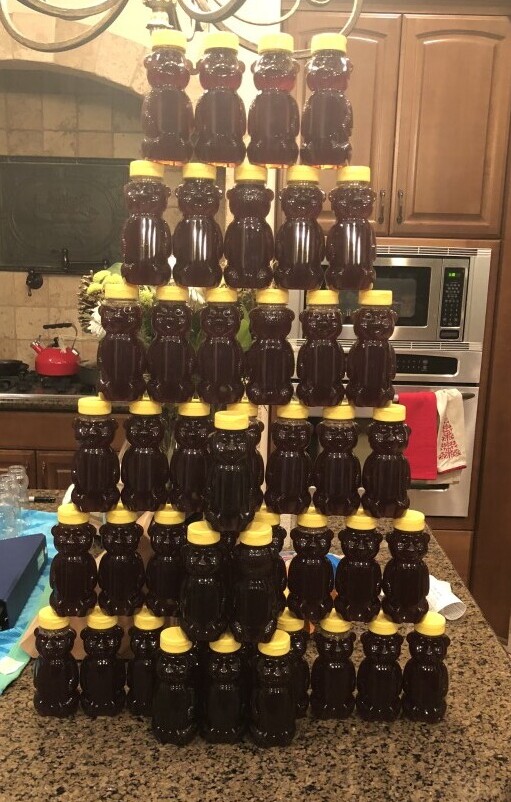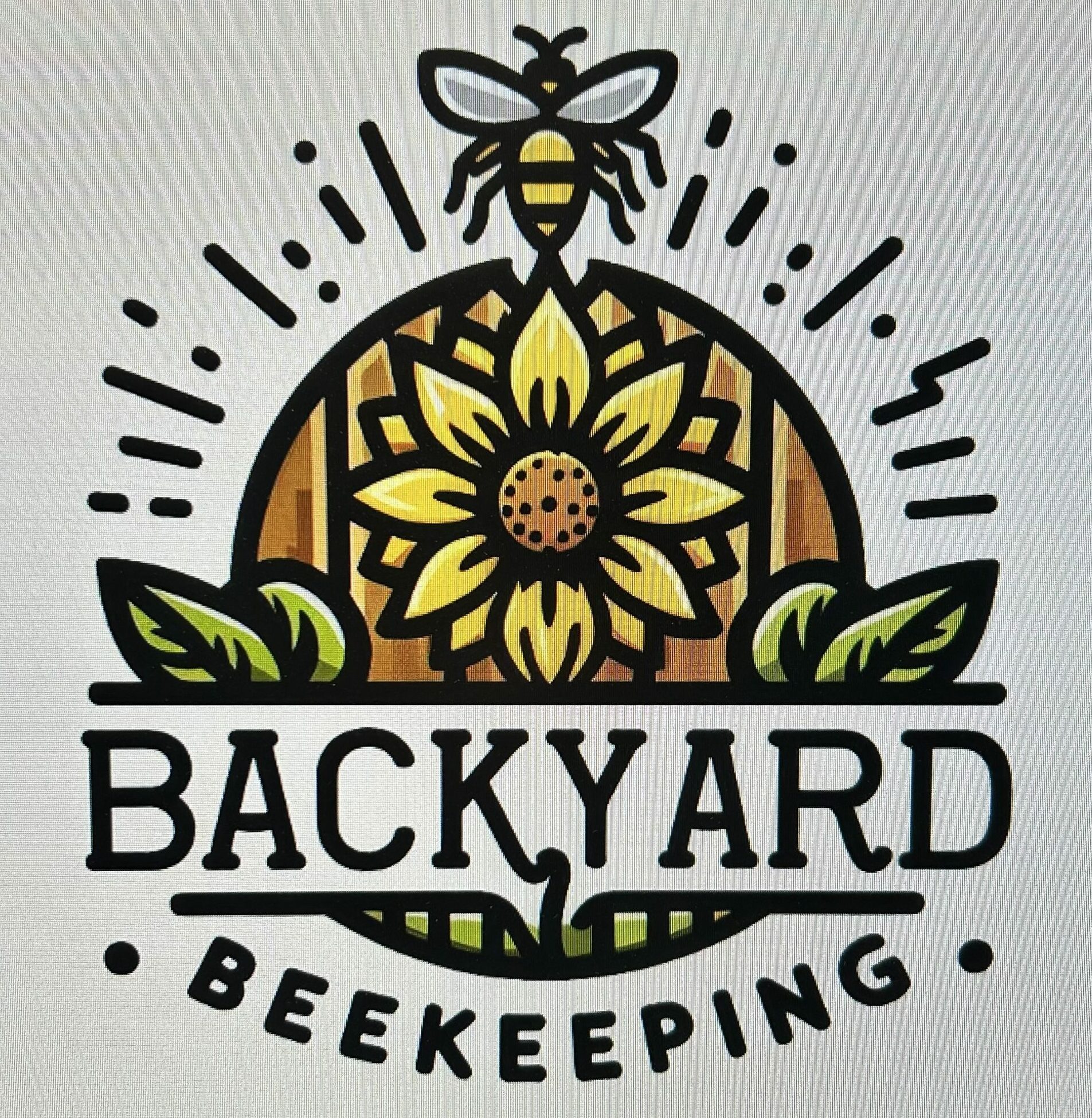Honey’s been around forever, right? It’s history dates back thousands of years, popping up in ancient civilizations like Egypt and Greece. The Egyptians even used honey as a form of payment—talk about a sweet deal! In many cultures, honey wasn’t just food; it had medicine written all over it. Think healing wounds, soothing sore throats, and a heap of other health tricks.
What makes honey so special? It’s all in the mix. Every spoonful is packed with a unique blend of sugars, enzymes, amino acids, vitamins, and minerals. And the best part is, not all honey is the same. You’ve got your classic clover honey, the fancy manuka honey from New Zealand, and even some rare ones like tualang honey from Malaysia. Each type has its personality and benefits, adapting to the flowers the bees visit.
Being labeled a superfood is a tall order. But honey steps up by offering more than just sweetness. It fits into health-conscious lifestyles by providing antioxidants like flavonoids and phenolic acids, plus prebiotics that can enhance digestive health. So, when people talk about this sticky stuff being more than just sugar, they’re onto something real.

Nutritional Profile: What Makes Honey a Superfood?
Ever wonder why some folks swear by honey to stay healthy? Let’s break it down. Honey’s got a rich mix of vitamins and minerals. We’re talking stuff like Vitamin C, calcium, and iron. Small amounts, sure, but every bit helps when you’re building up the family’s nutrition base.
Antioxidants are where honey really shines. These little warriors help combat those pesky free radicals that can damage cells. Antioxidants like flavonoids give honey its superfood status, offering up a natural way to support overall health.
Compared to regular sugar, honey brings more to the table. Not only is it sweeter, allowing you to use less, but it also offers a different kind of sweetness that’s more than just taste — it’s beneficial. While sugar is pretty much empty calories, honey’s got some added perks that give more value per spoonful.
So, how do we draw the line between sugar hurtin’ and healthy sweetness? It’s all about moderation and mixing up sweeteners. Adding honey can be a good move for those wanting to reduce refined sugars. But remember, it’s still a sugar, so balance is key.
Helping families make informed choices about what sweeteners to use in their everyday diet changes the game, and honey might just be the simple, natural option you’ve been looking for.
The Health Benefits of Honey for Families
Everyone wants their family to stay healthy, right? Honey’s here to help! It’s got some neat tricks up its sleeve, starting with boosting your immune system. Those natural antioxidants? They’re like a shield, helping your body fend off those colds and minor illnesses that seem to circulate constantly.
Got a sore throat or a pesky cough that won’t quit? Honey might be your go-to. It acts as a natural cough suppressant. A spoonful can soothe and coat the throat, easing irritation. Say goodbye to all those over-the-counter syrups—honey does it smoother.
Digestion issues can turn into a real headache for families. But here’s where honey saves the day. Its prebiotic content feeds the good bacteria in your gut, supporting better digestion and gut health. Imagine fewer stomachaches and more peaceful family dinners.
There’s more! Honey helps with wound healing. Thanks to its natural antibacterial properties, you can use it for minor cuts and scrapes at home. It’s an age-old remedy that still works wonders today.
Making honey a regular part of your family’s diet can support overall health, giving you that sweet, nurturing edge in keeping everyone in tip-top shape.
Incorporating Honey into Family Diets: Tips and Tricks
Incorporating honey into family meals doesn’t have to be tricky. Start simple with breakfast. Drizzle a bit over your oatmeal or mix it into yogurt. It adds sweetness without needing extra added sugar. Pancakes, waffles, or toast? Honey’s your new best friend there too.
For lunch or dinner, honey can transform your typical dishes. Try it in dressings for salads. Think honey mustard or a sweet balsamic vinaigrette. It’s great for glazing meats like chicken or pork, giving them that golden caramelization and extra flavor boost. The possibilities are endless once you start thinking outside the syrup bottle.
Kids, we all know, can sometimes be tough customers when it comes to foods. Break out the honey for snacks. Apple slices with honey and a sprinkle of cinnamon make a great after-school treat. Honey mixed into smoothies can be a fun flavor twist that the little ones will love.
Pairing honey with other superfoods only amps up its health benefits. Combine it with some almond butter and spread it on crackers, or toss it with roasted nuts for a crunchy snack. Gotta love it when tasty meets healthy!
Remember, a little goes a long way. Keep experimenting with different types and flavors of honey — and involve the family in the process. Taste-testing new honey can be a fun activity that gets everyone excited about healthier living.
Farmers Markets: An Excellent Source for High-Quality Honey
When you’re hunting for the best honey, farmers markets are a top spot. They offer a chance to explore local varieties that you might not find at the supermarket. Each local honey has a unique taste profile linked to nearby flowers and plants, meaning you’re in for a treat suited to your region’s natural flavors.
Getting to know your local beekeepers is a win-win. Not only do you snag fresher honey, but you also learn about the process straight from the source. Beekeepers can provide insights on how their honey is produced and the benefits of different types.
Supporting your local farmers market doesn’t just benefit your pantry; it boosts community health as well. When you buy local honey, you’re helping support local agriculture and contributing to a more sustainable lifestyle. Local products often have a smaller carbon footprint, and what’s not to love about that?
Plus, you’ll be certain about the quality and purity of the honey you get. Large-scale commercial processing can sometimes lessen the health benefits of honey, but locally sourced honey tends to stay closer to its natural form, retaining all those nutrients we love.
So, make a trip to your nearest farmers market. Sample what’s on offer, ask questions, and take home a jar you can feel good about. It’s a sweet move for your diet and your community.
Debunking Myths: Honey and Health Misconceptions
Time to clear up some common misconceptions about honey. People often worry about its sugar content, thinking it’s no different from the white stuff in their sugar bowl. While honey is indeed a sugar, its natural composition means it comes with added benefits like antioxidants and minerals you just don’t find in refined sugars.
There’s also a buzz around honey causing allergies. Here’s the deal: local honey is often touted for easing allergies, as it might help your body adjust to local pollen. But there isn’t solid scientific backing for this claim. So, enjoy it for its taste and known benefits, but don’t rely on it as an allergy cure-all.
Another myth is that honey can’t fit into a weight management plan. Sure, go overboard and you’re taking in excess sugars, but when used in moderation, honey can be a part of a balanced diet. Its natural sweetness allows you to use less while still hitting that sweet spot, making it a smarter choice in many recipes.
Let’s not overlook the idea that all honey is created equal. Not true! The type and quality of honey matter. Processing can strip away some of the good stuff. Choose raw or minimally processed honey, and know that darker varieties often have more antioxidants.
Understanding these myths helps families make the most of honey’s natural goodness without falling for misinformation.
Sustainability and the Honey Industry: A Family’s Role
Choosing the honey you buy impacts more than just your breakfast table. Supporting ethical and sustainable honey production is crucial for maintaining healthy bee populations. Bees play a massive role in pollinating crops, and their well-being affects everyone, from your backyard gardener to large-scale farmers.
Be mindful of where your honey comes from. Opt for brands and local producers committed to sustainable practices. This often means supporting efforts to maintain natural habitats for bees and reduce harmful pesticides.
Understanding the challenges bees face is the first step in making informed choices. Threats like habitat loss, pesticide exposure, and disease are all too real. By choosing honey from conscientious producers, families can contribute to minimizing these dangers.
Encourage your family to get involved in bee conservation efforts. It could be something simple like planting bee-friendly flowers in your garden or participating in local conservation projects. Teaching kids about the importance of bees in our ecosystem can inspire the next generation of eco-friendly advocates.
Supporting sustainable honey production isn’t just good for bees; it’s good for us too. It means healthier products and a more stable environment, proving that small choices can have big impacts.
Conclusion: Embracing Honey as a Staple of a Healthy Lifestyle
Making honey a regular feature in your family’s diet blends tradition with health benefits. From sweetening up breakfast to soothing a sore throat, honey proves it deserves its title of superfood. You’re not just adding flavor but enriching meals with nutrients that support well-being.
Learning about the honey you’re buying, like opting for local and sustainable sources, adds another layer to your health-conscious choices. It’s a practice that ties in community support and environmental awareness, further extending the positive impact of what seems like a simple pantry staple.
Explore the diverse range of honey types — each variety brings its own unique twist to dishes, adding to your family’s culinary adventures. This journey could be as fun as it is tasty, sparking interest in trying and understanding new flavors.
Embracing honey in your everyday routine is about embracing a lifestyle that’s healthier, more conscious of the environment, and in touch with community values. Encourage your family to enjoy the benefits of honey while learning about its importance in our world.

Can honey have a bitter taste?
Hi Ita, The only time I have encountered something like that was when the bees were used for citrus fruits. Not necessarily bitter but a citrus taste.